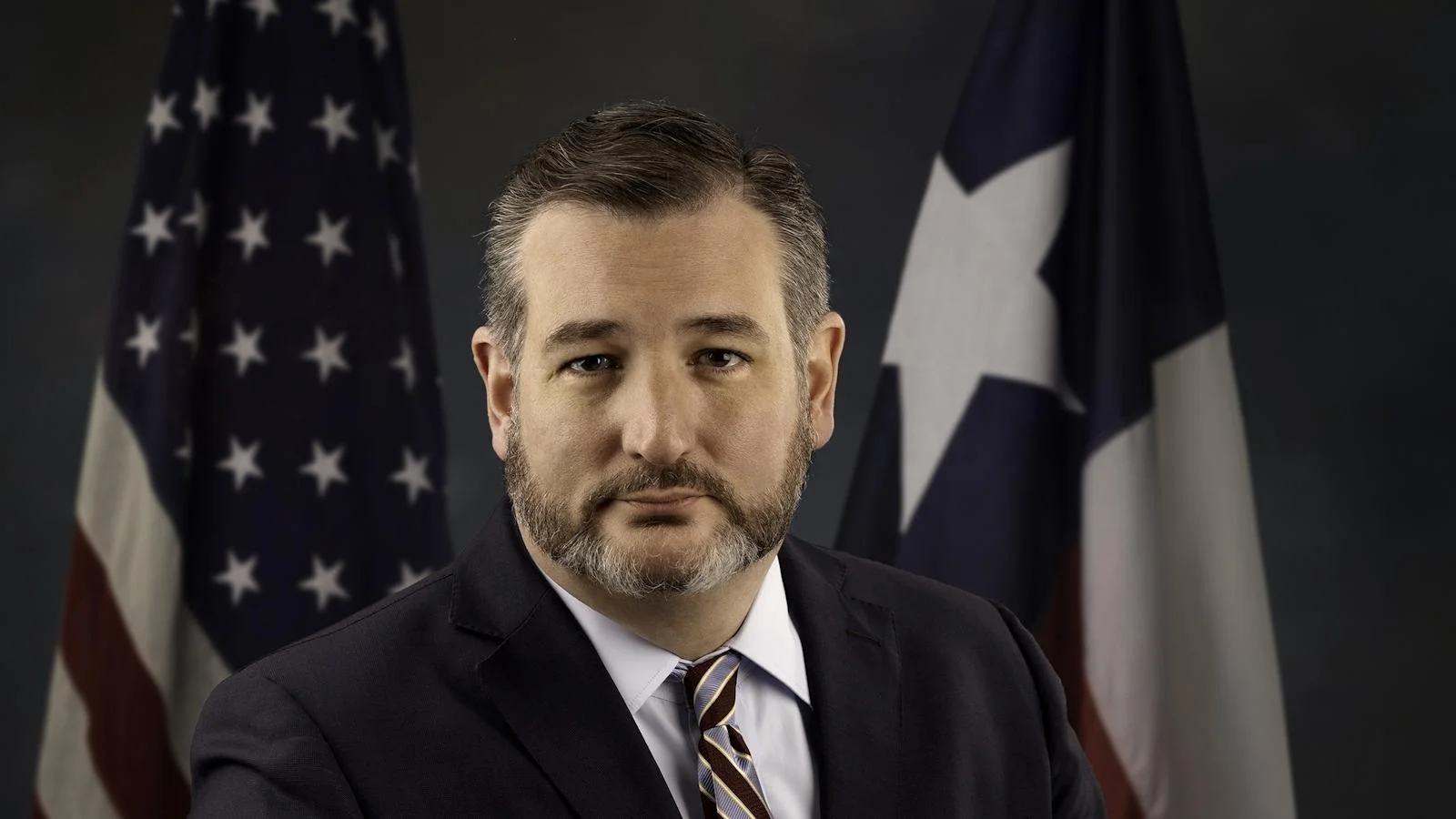At a recent Senate Commerce Subcommittee on Science, Manufacturing, and Competitiveness hearing, lawmakers discussed the Trump administration’s approach to artificial intelligence (AI) innovation and regulation. The session, titled “AI’ve Got a Plan: America’s AI Action Plan,” featured testimony from Michael Kratsios, Director of the White House Office of Science and Technology Policy.
Senator Budd asked for an update on the implementation of the administration's AI Action Plan. Kratsios responded: “…there's been a significant amount of progress at the Commerce Department on the AI export package executive order…We had the second meeting of our AI Education Task Force that was chaired by the first lady just last week…And I think from our office, we're on the hook to do an RFI relating to identifying regulations that may be hindering the progress of AI, and that should be coming out very shortly.”
Discussion also centered on promoting U.S. leadership in exporting its technology stack. Senator Budd asked about efforts to encourage global adoption of American-developed chips, algorithms, and applications. Kratsios explained: “...there's three main components of it, it's essentially the chips, the algorithms, and then the applications themselves…the hope is that we can flesh out, or the Commerce Department will be fleshing out in the RFP more details around what we're looking for and we'll be able to bring together folks from the entire technology community to work on it. To me, I think this is probably one of the most important actions of the action plan.”
Concerns were raised regarding potential risks if other countries do not adopt U.S.-developed standards. Senator Budd questioned what could happen if American technologies are not widely used abroad. Kratsios stated: “...the threat we face is that if we aren't the standard around the world, those models, those applications, we fine-tuned on adversary models, running on adversary chips, and that's not a long term solution for the U.S.”
Chairman Cruz highlighted legislative efforts related to regulatory sandboxes for AI development. He asked whether Congress should establish such programs within OSTP. Kratsios replied: “Yes, the AI Action Plan very definitively promotes the idea of using sandboxes. Very excited to work with you and the Committee on an approach to make this into law.”
The issue of federal preemption over state-level regulations was also discussed. Chairman Cruz asked why some state laws might hinder national innovation in AI and whether federal preemption is supported by the administration. Kratsios said: “A patchwork of state regulations is anti-innovation. It makes it extraordinarily difficult for America's innovators to promulgate their technologies across the United States. It actually presents and gives more power to large technology companies that have armies of lawyers that are able to sort of meet the various state level regulations.”
Source bias in large language models was another topic brought up by Sen. Schmitt who noted concerns about training data influencing outcomes ahead of elections as search functions shift toward these new systems. In response Kratsios said: “Yes, this was a big concern of the White House and president…most of large language model builders are beyond excited to try provide their models for federal use…we have a lot leverage here try create environment where these models really are true seeking accurate.”
Senator Moreno focused attention on semiconductor manufacturing capabilities within America as well as energy needs for expanding data centers supporting advanced computing infrastructure like AI deployments. Moreno emphasized domestic chip production while Kratsios agreed with its importance along with developing leading-edge language models and applications.
Moreno further addressed energy policy necessary for reliable operation co-located near new facilities—a point which Kratsios affirmed by referencing remarks made by President Trump about supporting such initiatives during major speeches.
Finally Senator Young asked about challenges posed by inconsistent rules across states or international jurisdictions affecting competitiveness; Kratsios pointed out China’s moves after release US action plan underscoring need global leadership setting standards especially evaluation processes.









